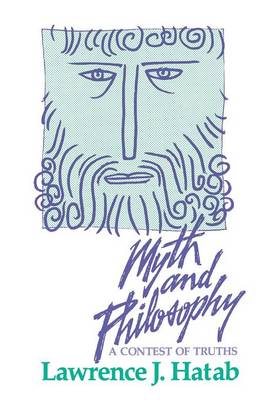Hatab's work is more than an interpretative study, inspired by Neitzsche and Heidegger of the historical relationship between myth and philosophy in ancient Greece. Its conclusions go beyond the historical case study, and amount to a defence of the intelligibility of myth against an exclusively rational or objective view of the world. Hatab pleads for a pluralistic notion of truth, one which permits different forms of understanding and surrenders the supposed need for a uniform or even hierarchical conception of truth. The historical displacement of myth by philosopy in ancient Greece is the point of departure. According to Hatab, rationality and science emerged as a revolutionary overthrow of myth - but that revolution is not beyond criticism, for myth presents a meaningful expression of the world, different from, and not always commensurate with, the kind of understanding sought by philosophers. The idea that philosophy has corrected the ignorance of the past is unwarranted; furthermore philosophy continues to exhibit elements of the mythic world from which it emerged. Hatab offers a general analysis of myth and a specific analysis of Greek myth.
He distinguishes the different senses of truth found in mytho-poetic and rational-scientific disclosures, and presents an original treatment of Plato and Aristotle, challenging their criticisms of traditional myth.
- ISBN10 0812691164
- ISBN13 9780812691160
- Publish Date 8 January 1999
- Publish Status Active
- Publish Country US
- Imprint Open Court Publishing Co ,U.S.
- Format Paperback (US Trade)
- Pages 400
- Language English
